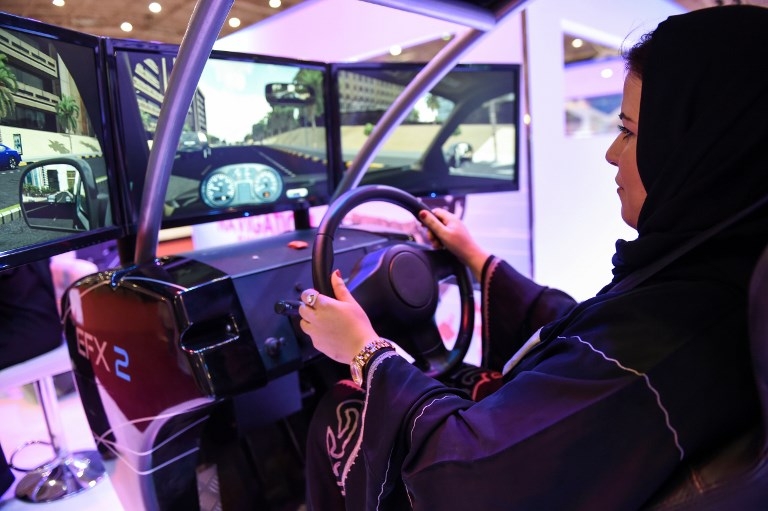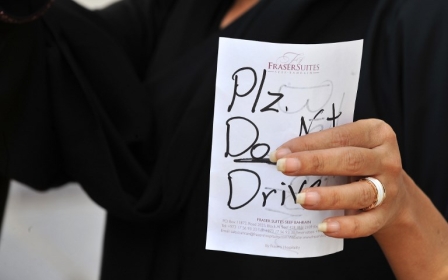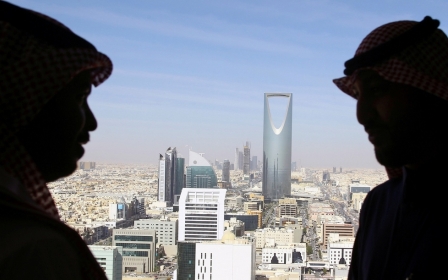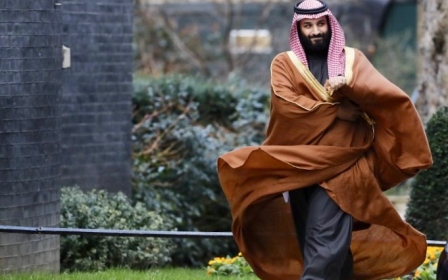Saudi Arabia arrests women activists weeks before driving ban lifted

Saudi authorities have arrested seven prominent women's rights advocates, just weeks before the kingdom's longstanding driving ban on women is set to be lifted, Human Rights Watch said on Saturday.
While the reasons behind the arrests are not clear, activists told HRW that in September 2017, "the royal court had called the country's prominent activists ... and warned them not to speak to the media."
"The calls were made the same day the authorities announced that they would lift the driving ban on women," HRW said.
According to Prisoners of Conscience, a group that campaigns for detained government critics, Loujain al-Hathloul, Aziza Al-Yousef and Iman Al-Nafjan were among those picked up by authorities.
Their arrests come only a month before the decades-old driving ban is lifted as part of reforms pushed by Crown Prince Mohammed bin Salman, who has tried to project a more progressive image of the country.
But his reforms have also been accompanied by a crackdown on dissent against critics, ranging from Islamist clerics to some of the very women who campaigned for years to end the ban.
One of the rights activists, who spoke to Reuters on condition of anonymity for fear of reprisals, said the latest arrests were tied to advocacy for women driving: "They detained them because they do not want them to publicly claim success."
Women will be allowed to drive starting on 24 June. In prepration, authorities have opened driving schools, instituted new regulations and hired women traffic police.
Activists and analysts say, however, that the government is keen to avoid rewarding activism, which is forbidden in the absolute monarchy, and seems determined not to antagonise sensitivities of religious conservatives opposed to modernisation.
Hathloul was imprisoned for 73 days in 2014 for defying the driving ban and was again detained in 2017.
"Crown Prince Mohammed bin Salman's 'reform campaign' has been a frenzy of fear for genuine Saudi reformers who dare to advocate publicly for human rights or women's empowerment," said Sarah Leah Whitson, Middle East director at HRW.
"It appears the only 'crime' these activists committed was wanting women to drive before Mohammed bin Salman did," she said, referring to the powerful crown prince.
New MEE newsletter: Jerusalem Dispatch
Sign up to get the latest insights and analysis on Israel-Palestine, alongside Turkey Unpacked and other MEE newsletters
Middle East Eye delivers independent and unrivalled coverage and analysis of the Middle East, North Africa and beyond. To learn more about republishing this content and the associated fees, please fill out this form. More about MEE can be found here.




